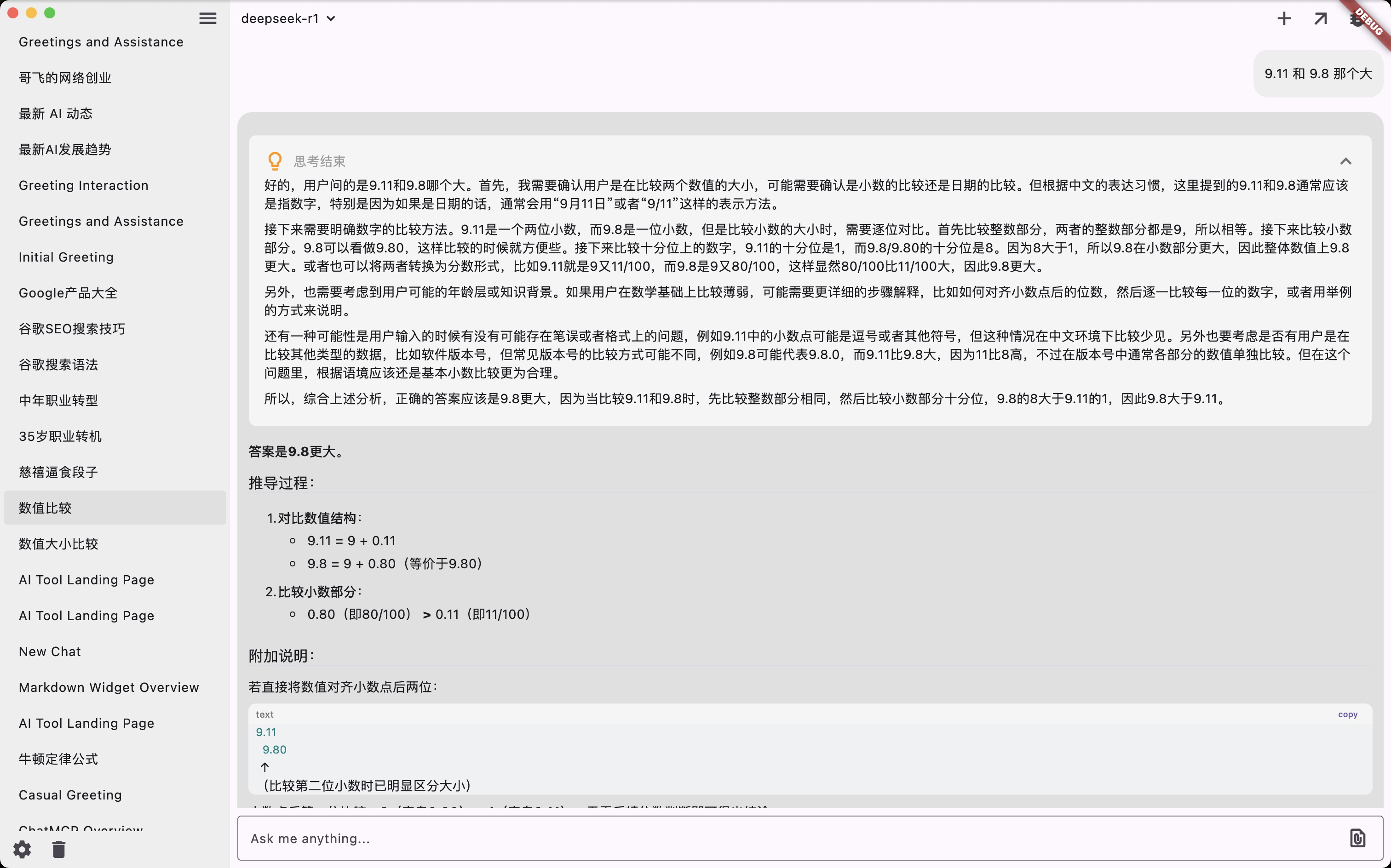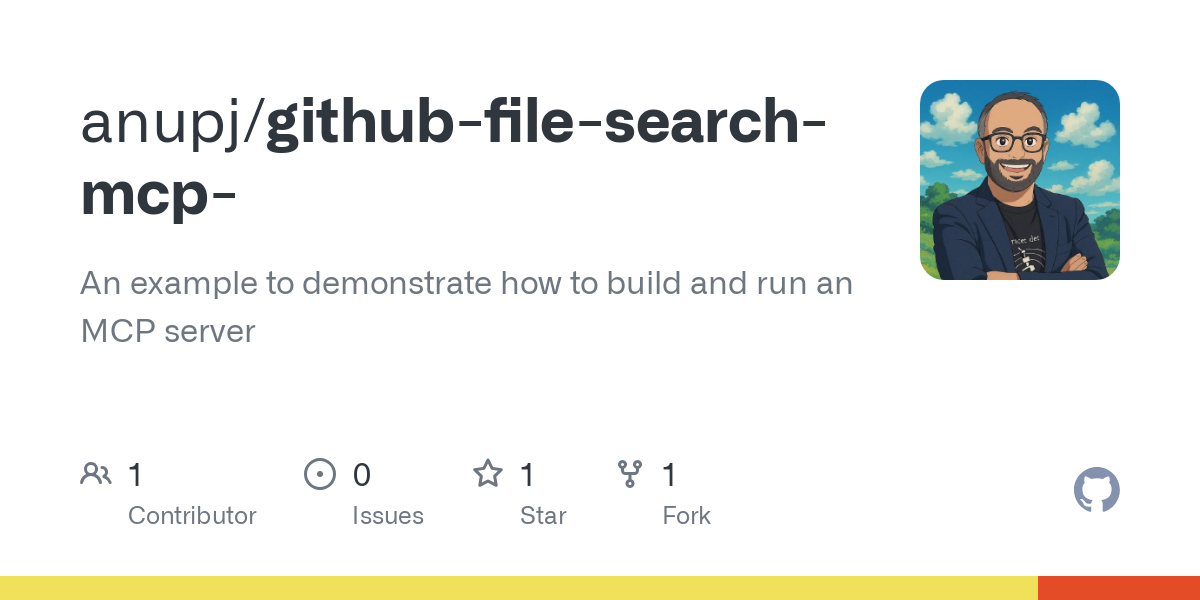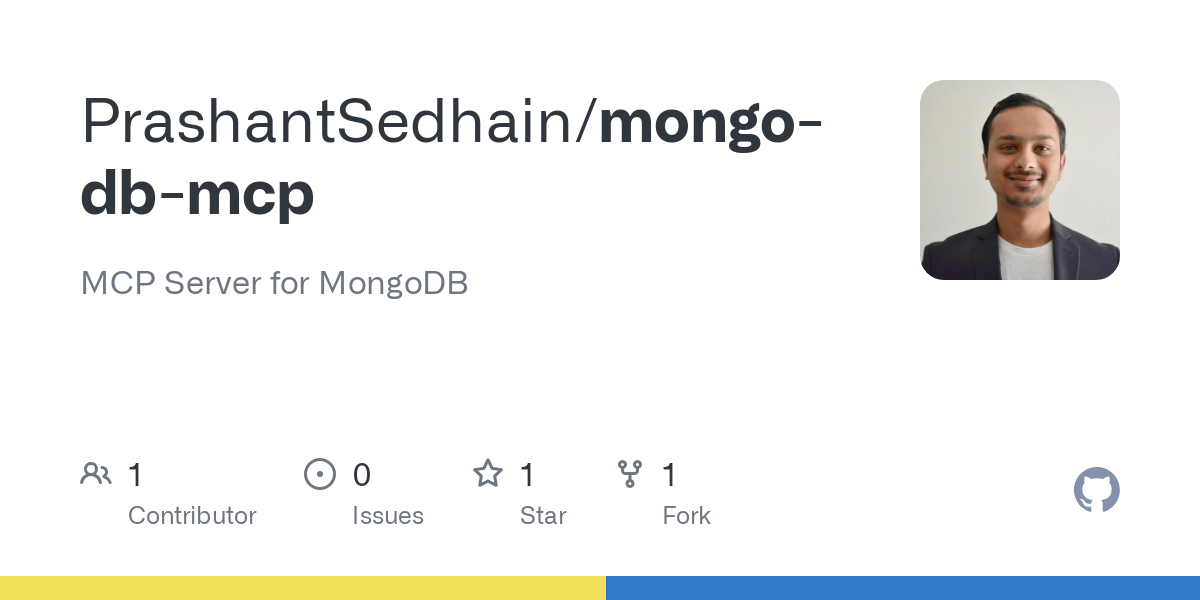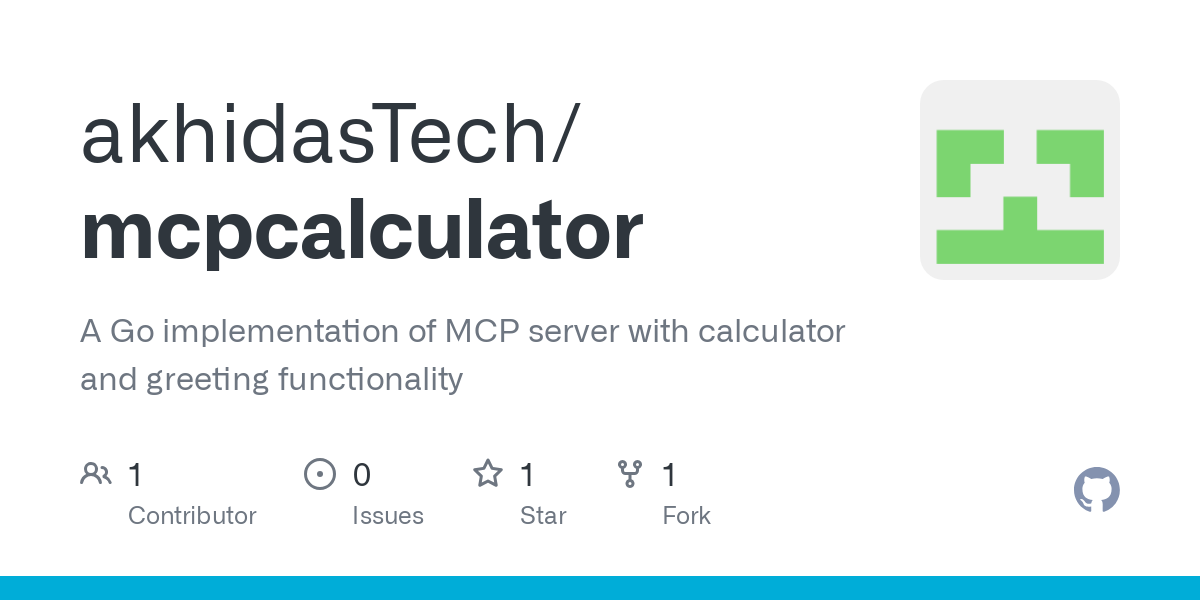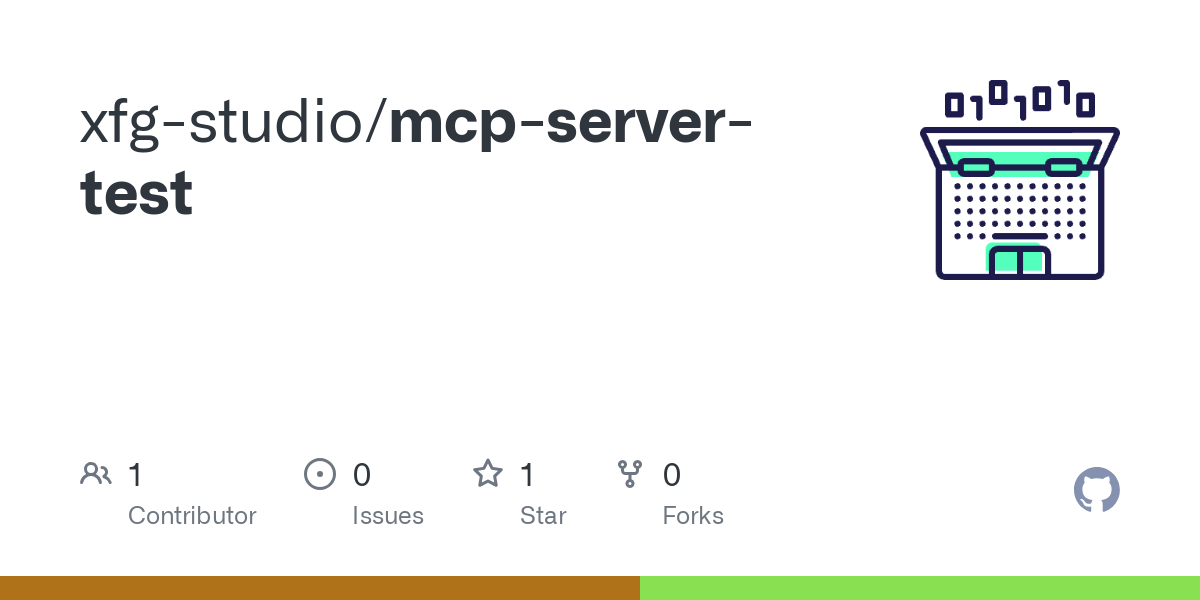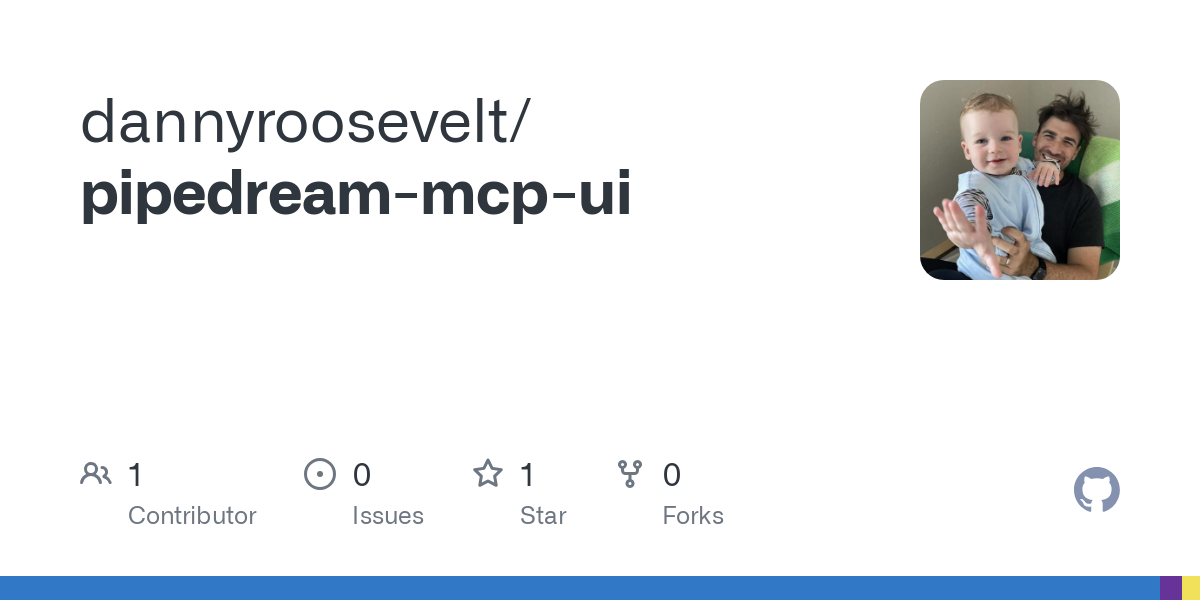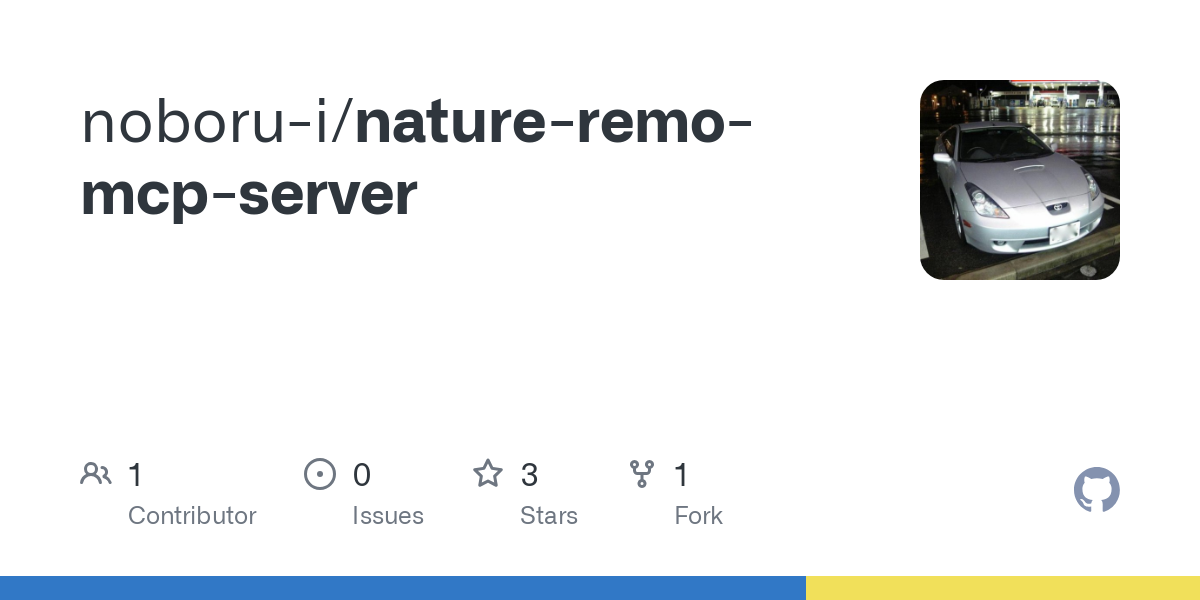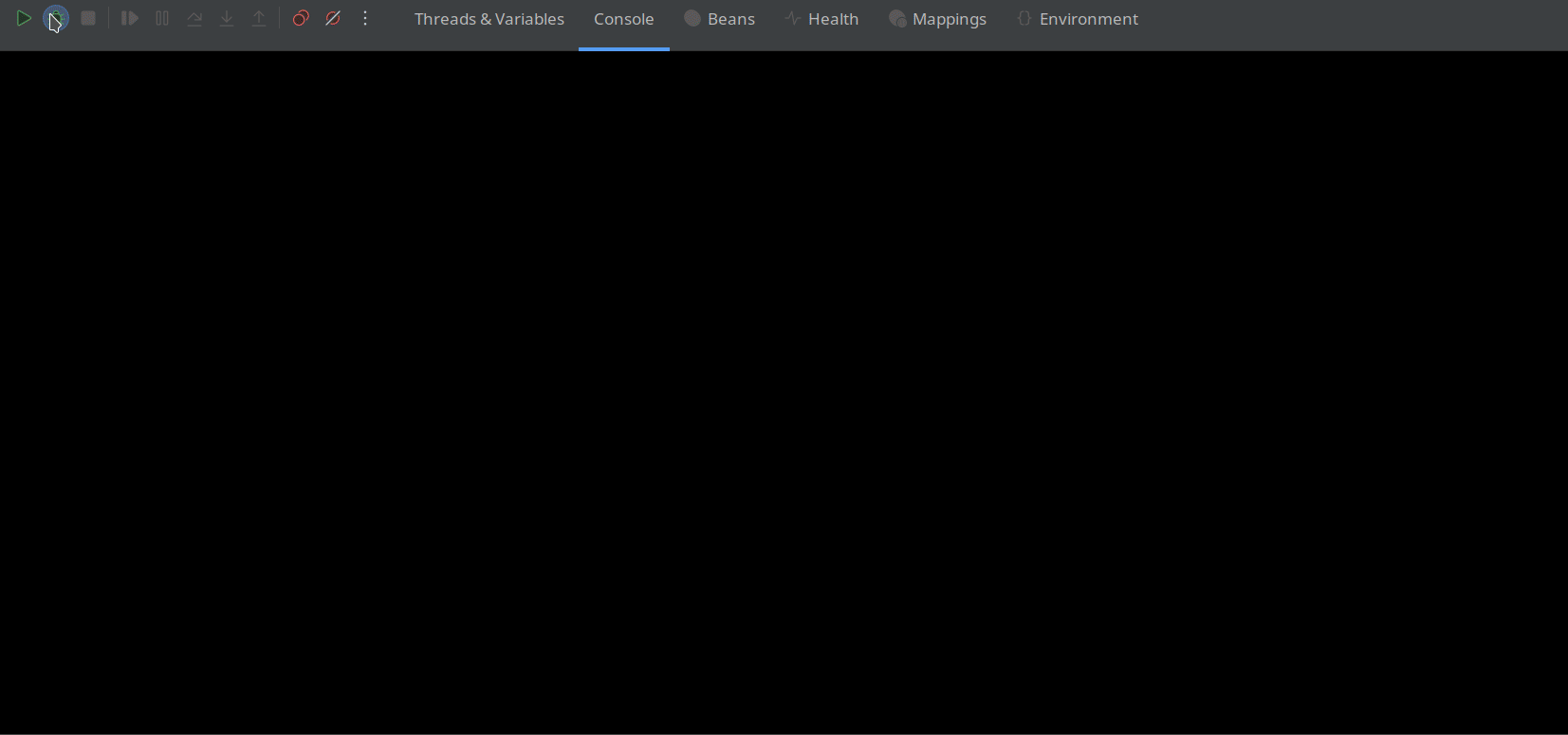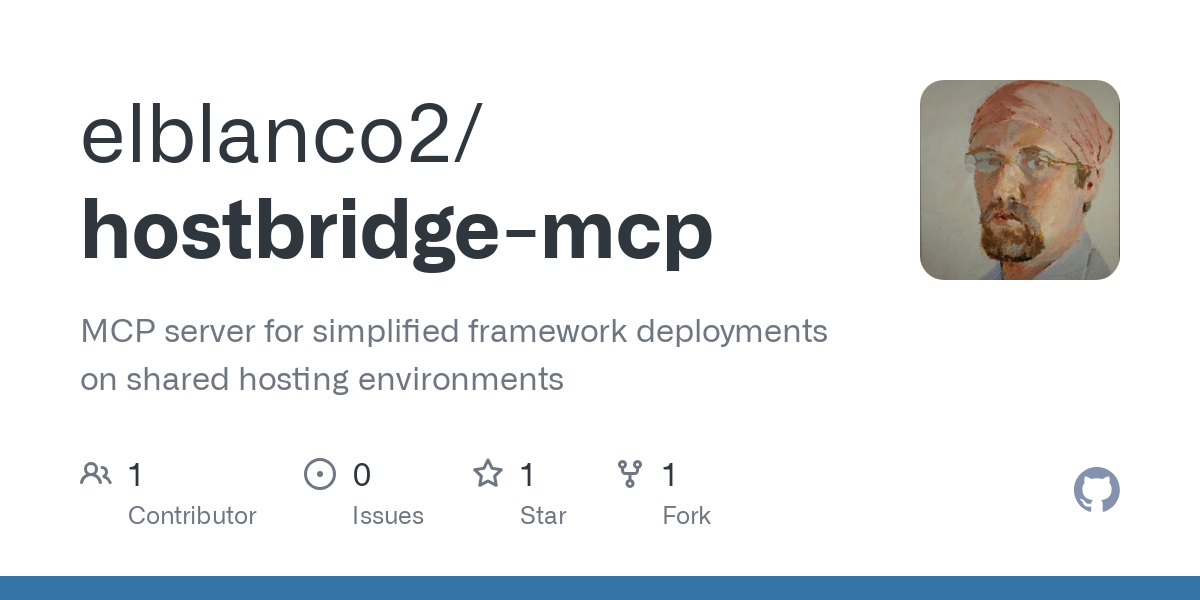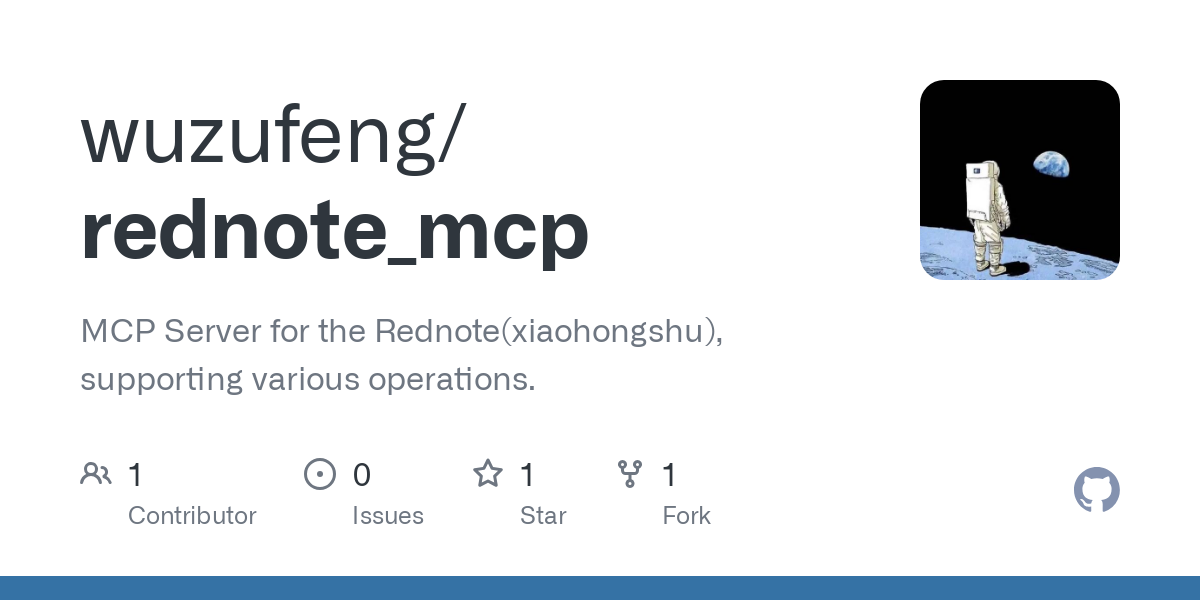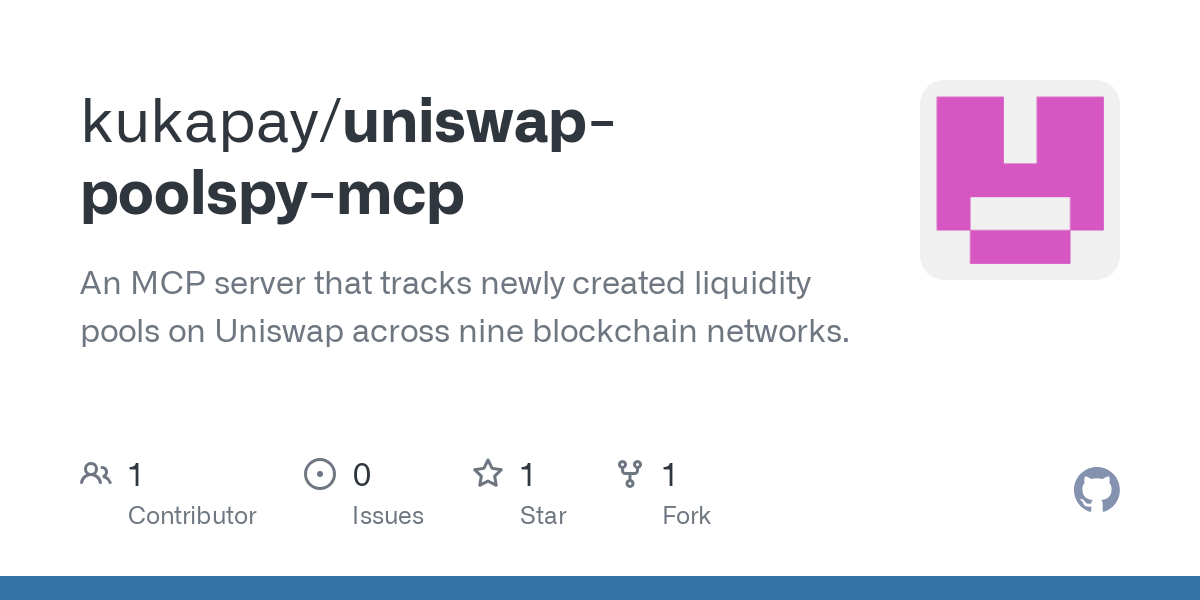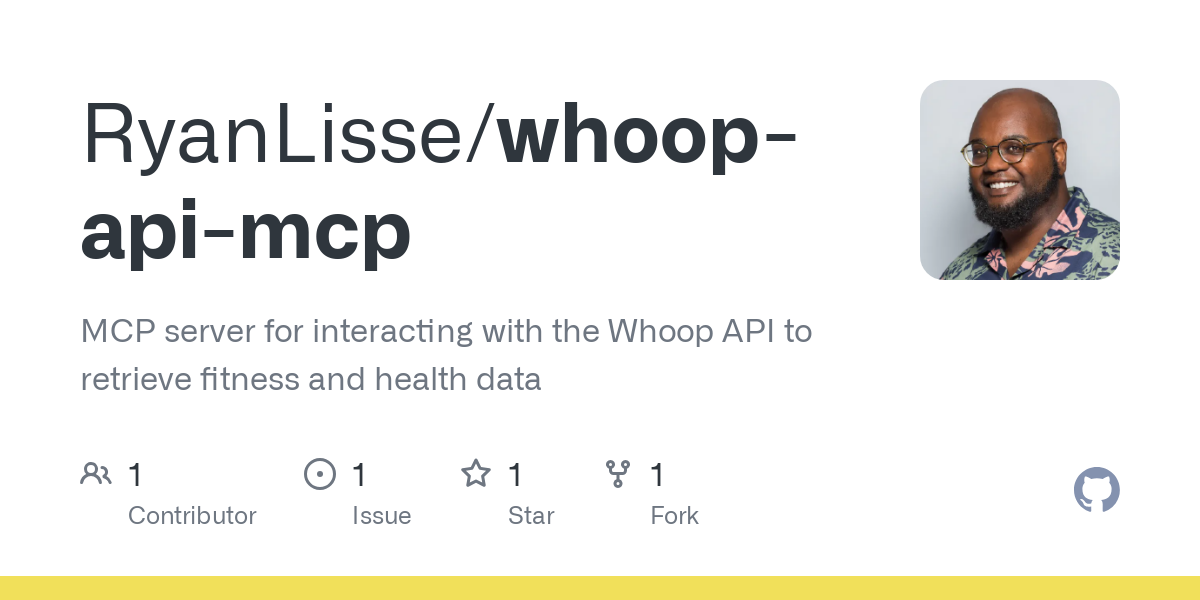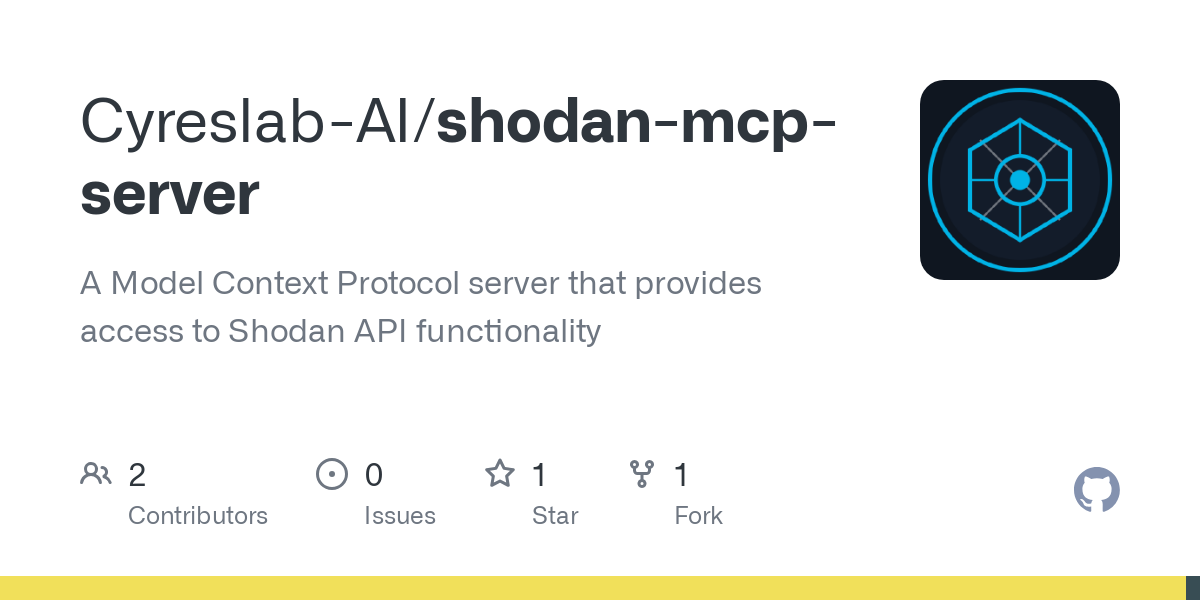All MCP Servers Complete list of MCP server implementations, sorted by stars
ChatMCP is a cross-platform AI chat client that implements the Model Context Protocol (MCP), enabling users to interact with multiple large language models (LLMs) like OpenAI, Claude, OLLama, and DeepSeek. It supports features such as chat history, SSE transport, and auto-selection of MCP servers, making it a versatile tool for AI-driven conversations. The client is available on MacOS, Windows, Linux, iOS, and Android, with a focus on ease of use and integration.
The Todoist MCP Server for Claude is a Python-based implementation that integrates with Todoist's API, allowing Claude to manage tasks, projects, and labels seamlessly. It supports task creation, updates, completion, and deletion, as well as project and label management. The server is designed to work with Claude Desktop, providing a streamlined experience for task automation and organization.
This repository serves as a template for developers to create MCP (Model Context Protocol) servers using Deno. It provides a structured starting point for implementing MCP server functionality, leveraging Deno's capabilities for efficient and modern server development. The template includes essential configurations and setup files to streamline the development process.
This project demonstrates how to build and run an MCP server that integrates with GitHub's API to enable code search and file viewing functionalities. It provides a standardized way for AI models to interact with external tools, including function discovery, parameter validation, and result formatting. The implementation includes a Node.js/Express backend, a browser client for AI simulation, and MCP-compatible function definitions.
This Dart plugin provides a framework for implementing Model Context Protocol (MCP) servers, allowing Flutter applications to expose data, functionality, and interaction patterns to Large Language Models (LLMs) in a standardized way. It supports multiple transport layers, including Standard I/O and Server-Sent Events (SSE), and offers cross-platform compatibility. The plugin facilitates the creation of MCP servers with features like resources, tools, and prompts, enabling seamless integration with LLM applications.
The MongoDB MCP Server is a specialized implementation of the Model Context Protocol (MCP) tailored for MongoDB. It provides a robust interface for managing and interacting with MongoDB databases, ensuring efficient data operations and streamlined workflows. This server is ideal for developers looking to integrate MCP with MongoDB for enhanced data handling and query optimization.
This project is a Go implementation of a Model Context Protocol (MCP) server, featuring calculator and greeting functionalities. It supports JSON-RPC 2.0, tool registration, resource handling, and server capability negotiation. The server is designed to follow the official MCP specification, ensuring robust error handling and security compliance.
The Sentry Issue Analyzer MCP Server is designed to retrieve and analyze issues from Sentry.io or self-hosted Sentry instances. It provides tools to inspect error reports, stack traces, and other debugging information directly from your Sentry account. Features include retrieving specific issues by ID or URL, listing issues for a project, and formatted issue details for conversation context.
This project provides a user-friendly interface for interacting with Pipedream MCP servers. It includes features for authentication setup using Clerk, making it easy to manage and access MCP server functionalities. The application is built with modern web technologies, ensuring a smooth and responsive user experience.
This project provides an MCP server designed to interact with the Nature Remo API, enabling seamless integration with devices managed by Nature Remo. It utilizes the Model Context Protocol SDK to handle requests and manage device interactions. The server is currently a work in progress, with plans to include full TypeScript project setup and comprehensive API handling.
This project showcases the integration of Spring AI's support for MCP (Model Context Protocol) within Spring Boot applications. It covers both server-side and client-side implementations, enabling consistent management of contextual interactions in AI models. The project includes modules for geocoding and timezone services, leveraging MCP to provide accurate geographical data through an LLM interface.
The Arc MCP Server bridges the gap between Large Language Models (LLMs) and hosting environments, enabling novice developers to deploy web applications easily. It implements the Model Context Protocol (MCP) to provide tools, resources, and prompts for streamlined deployments. Key features include multi-provider support, guided deployments, and troubleshooting tools, with a focus on shared hosting environments.
The Rednote MCP Server is a backend service tailored for the Rednote platform on Xiaohongshu, enabling a range of operations to enhance user experience and functionality. It provides essential infrastructure for managing and processing data, ensuring seamless integration and performance for Rednote users.
This MCP server enables Large Language Models (LLMs) to validate email addresses by checking format, domain validity, and deliverability using the AbstractAPI Email Validation API. It is designed for seamless integration with AI applications like Claude Desktop, providing a quick and efficient way to verify emails in real-time. Built with Python and the MCP SDK, it offers easy setup and deployment.
The Uniswap PoolSpy MCP Server monitors Uniswap V3 pool creation across nine blockchain networks, including Ethereum, Base, Optimism, and more. It provides real-time data for DeFi analysts, traders, and developers, with customizable query options such as time range, result limits, and sorting by timestamp, transaction count, volume, or TVL. The server integrates with The Graph API and supports MCP-compatible environments like Claude Desktop.
The Shodan MCP Server is a specialized Model Context Protocol server designed to integrate with the Shodan API, enabling AI assistants like Claude to query detailed information about internet-connected devices and services. It supports features such as host information lookup, vulnerability analysis, network range scanning, and IoT device search, making it a powerful tool for cybersecurity research and threat intelligence. The server also includes advanced capabilities like result summarization, response sampling, and field selection to optimize data retrieval and analysis.
